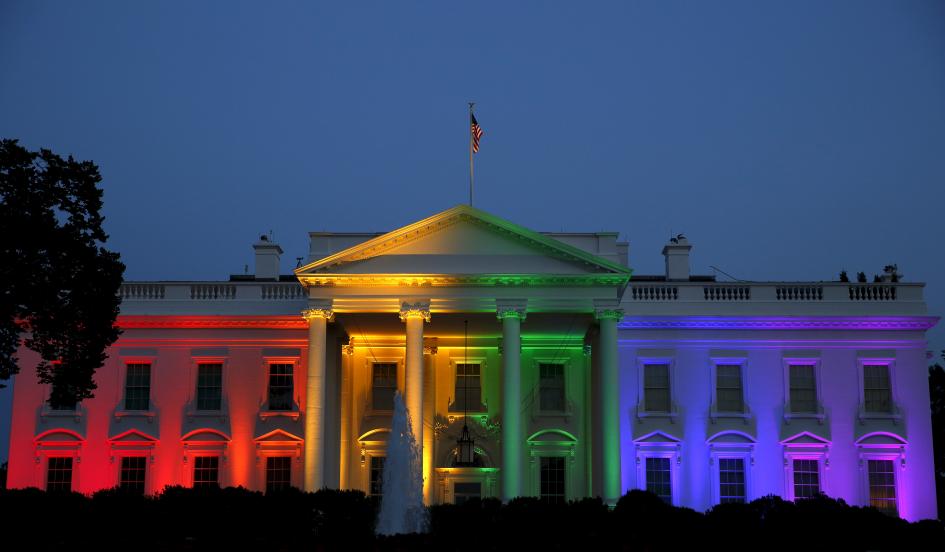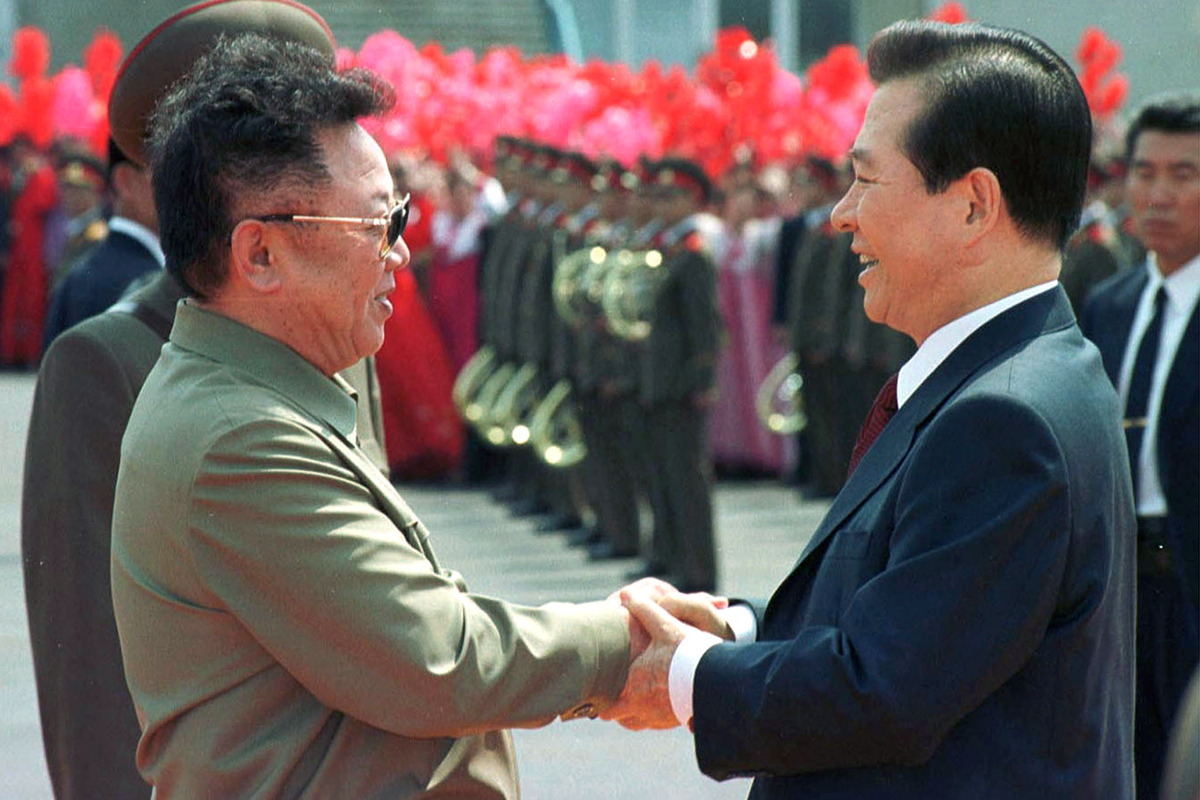I’m starting to see the backlash rolling in on Facebook — not from the right, but from the left. There are voices within the queer community and among its allies who have found reasons to be sad about the Supreme Court decision that has made gender a non-issue in marriage law.
Choosing your battles
The first critique, and the easier one to dismiss, is that this was the wrong battle. Why are we fighting for marriage equality, and celebrating its spread, when we still lack anti-discrimination laws and other basic protections?
The answer is simple: marriage equality has been an astonishingly effective platform for changing attitudes about being gay. Just as the civil rights movement of the 1950s chose issues that had broad appeal — letting young black men eat lunch at Woolworth’s, or letting an old black woman sit down at the front of a bus — the gay rights movement took on an issue that would humanize gay people to the broader public. Were lunching and bus-sitting rights the biggest problems facing black people in the age of lynchings? Not hardly. But they were effective in making it clear that black people deserved dignity and rights, and that those rights needed the protection of the law.
Did you see that rainbow White House? Did you notice the Supreme Court talking about the dignity of gay couples? If you somehow think that will have no impact on the ongoing struggle for anti-discrimination protections and the like, you’re nuts. The marriage equality movement has brought about a sea change in attitudes about homosexuality in America, to the extent that 27 percent of evangelical Christians now believe in same-sex marriage. And when you believe in the rights of two people to marry, you start to follow that logic a little bit and see that it’s probably not OK that they can then be fired for having gotten married.
So yeah, you can celebrate this victory without thinking it’s the last civil rights issue that will ever need work.
Wholesome versus Folsom
The second critique, and the more trenchant one, is that marriage itself perpetuates a whole bunch of heteronormative, oppressive thinking about how society is structured, how relationships ought to be, what’s acceptable and what’s not. This is what I call the “wholesome versus Folsom” debate, between those who want to assimilate and those who want to radicalize.
Marriage equality is a victory for the assimilationists, that’s for sure. And I’m kind of not one. I would like to see a discussion of sexuality and relationships that doesn’t imagine binary life-pairings as the one true goal. And that’s why I originally favored a shift to civil unions for all, taking the government out of the marriage business completely.
But I came around when I realized a couple of important things.
First, there was no way that American governments were going to stop sanctioning marriage licenses and switch to civil unions — no way that states would begin informing their citizens that their longstanding marriages are null and void, or even just recast as something else. Marriage as a legal institution is not going away. You might want it to, but that’s a very long fight for another day, and not one I would want to pin to the gay rights movement. And as long as governments are in the business of ratifying marriages, they ought to be ratifying same-sex marriages.
Second — and this is the really important one — gay rights can’t wait for a radically progressive America.
If it feels like the gay rights movement has been getting less and less radical over the years, that might be because people further and further in from the radical fringe are willing to come out as queer and to be part of a political movement for rights. Pride parades that used to be radical displays of countercultural expression are now bland strings of corporate floats pumping out mainstream pop.
That means we’re winning.
When you become a big-tent movement, it means that the radical voices tend to get drowned out by the mainstream voices. It can mean that the people who always get marginalized — the poor, people of color, women — end up getting marginalized again, within a movement that’s supposed to be helping them. The people with money and power tend to take over. And that sucks.
But there’s also something else that happens, and it’s more legitimate, which is that the movement becomes more democratic, more representative of the spectrum of views in the society within which it’s working. Where before the movement for gay rights attracted a radical few who were willing to rally to the cause, now it attracts people who aren’t especially political, who might just care about this issue for limited selfish reasons, who don’t care to see America remade as less capitalist or less focused on the nuclear family.
Marriage equality is a huge victory for LBGTQ people, but it is not a victory for radicalism. It’s a mainstream, middle-of-the-road sort of victory, in which queer folk become boringly more like everyone else who isn’t a radical.
Which let’s think about that for a minute. Gay people. Mainstream. Middle of the road. How could that even be a thing?
Oh, right. The marriage equality movement.
And that’s why I’m celebrating, and you can too, the way black people (and everyone else) can celebrate Juneteenth without betraying the ongoing struggle for liberty and rights.






